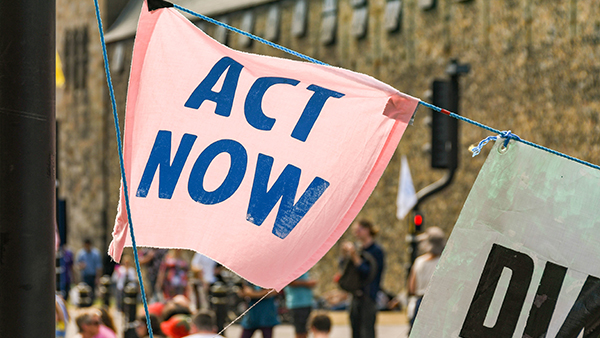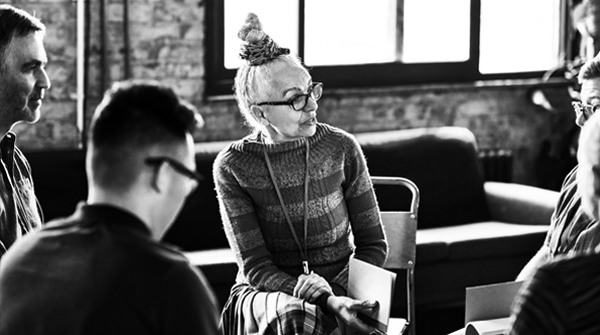I was proud this morning to chair the launch at the RSA of the Lammy Review on the over-representation of black and ethnic minority citizens in the criminal justice system. Given the number of reviews on similar topics that have come and gone and that in certain respects things are getting worse in the system, it isn’t surprising that a recurrent theme in discussion was the hard work of turning David’s recommendations into action.
How to make change real is probably the single biggest question we explore at the RSA. The answer we have formulated, and that we are now testing, is to urge putative change makers to ‘think like a system and act like an entrepreneur’.
On the one hand, we have to understand the systemic reasons why the phenomenon we want to change persists. Equally, we need to be able to describe what an alternative and better system equilibrium might be. Staying on the subject of criminal justice, this blog by Andy Rhodes (he was the deputy chief constable of Lancashire and now has the top job) is a great – but all too rare – example of a public sector leader deciding to address causes and systems not just symptoms and immediate needs.
On the other hand, we must adopt a pragmatic, opportunistic, experimental approach to the pursuit of change. In systems that feel frozen the tipping point can come from many directions; data, innovation, crisis, leadership and spill over from another system are examples.
This inspiring short film offers a vivid example. The plight of the daughter of a single Dutch pig farmer has led to an industry wide transformation of practice. The different elements of the system including economics, technology, public attitudes, vested interests and incentives may have seemed stuck in a setting that meant most pig farmers in the Netherlands would for ever carry on feeding their stock antibiotics, but when one farmer spoke out about the effects on humans and health care things moved very quickly.
Another conversation this week – outside work – concerned the despair and pessimism of those who might characterise their politics as moderate progressivism. The person I was speaking with saw absolutely no sign that this brand of politics would ever again be strong.
This is certainly a systemic phenomenon. The current situation is about context, policy, politics and leadership. In the face of these forces it is natural to give up or hope for a miracle. But the necessary response is different. One day there will be a new impetus for progressive politics but – as I’ve implied – it is impossible to be sure where it will come from. The question is whether when the wind changes the crew is ready to hoist the sail and renew its journey. Those who want progressivism to come back into fashion have to develop narrative, policies and models of organisation as well as building action-ready alliances. What is more, they have to do this with absolutely no guarantee their work will ever see the light of day.
This is the loneliness of the long distance change maker. Getting fit and ready for change and staying fit and ready for change even though your moment may never come. An implication of this perspective is that we should focus on the intrinsic value of what we are doing and not just the consequences we might hope to achieve. Fortunately, as many philosophers from Aristotle onward have argued, this is probably also the best way to approach life in general.
Related articles
-
The public are ready to go further and faster on net zero
Anthony Painter
The public are ahead of policy-makers and, indeed, most of the business world. COP26 is an enormous opportunity to catch up. Global leaders should take it.
-
Can progressives ever stop the in-fighting?
Matthew Taylor
Biden's victory has caused the left and moderates to fracture again.
-
Can President Biden bring America together again?
Anthony Painter
There is a long road ahead for the new president.




Join the discussion
Comments
Please login to post a comment or reply
Don't have an account? Click here to register.
You've used the key word in your piece - leadership. We live in a country without any political leadership per sae but particulalry leadership that nurtures and facilitates societal change for the betterment of everyone. Your conversation about the loss of moderate progressivism is particulalrly apposite; when will it return? Who knows? We could all do with a dose of it right now.